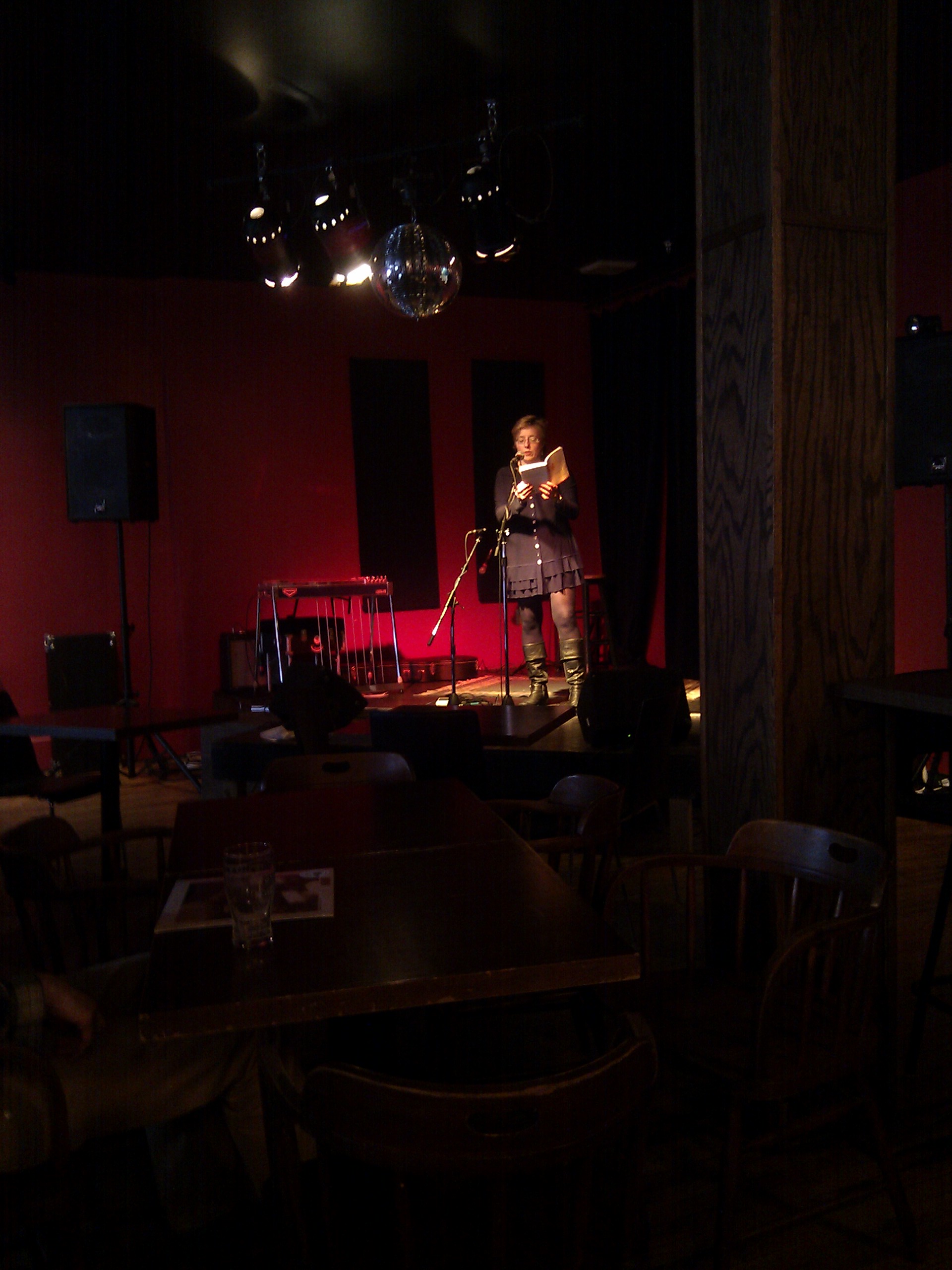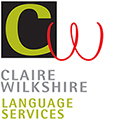In June I went to the EAC’s annual conference in Halifax. It’s the first time they’ve held a conference this far east: good work, Nova Scotians!
Preamble
Rhododendrons were in a blooming frenzy in the park across the road.

The night before the conference started, Stephanie Domet and I gave a reading at the Company House.

Conference
This was my third EAC conference; at all of them, I’ve been the only member present from Newfoundland. It was a terrific conference and I learned a lot.
The keynote speaker, former journalist and news anchor Robert MacNeil, was engaging, funny, and thoughtful. Listening to him and to the questions, being surrounded by people who know lots of things and who read a lot — all that made me wanted to be better and sharper, to work harder, to read more. I left filled with resolve. It was a great start!
Longer workshops
I went to two longer workshops, one on editing fiction and one on plain language.
Writing fiction, editing fiction was led by editor Kate Kennedy and writer Linda Little. Linda Little said something about writers that I really liked. We’re like grandparents, she said. We think everything about our grandchild is interesting. Every little thing he does: Here’s his elephant bib, here are the Christmas pictures, now this morning when he had breakfast, isn’t that cute… Linda said what writers need is an editor to say Nice, OK, let’s make some choices; let’s put the Christmas pictures away; this here is a good story, we’ll keep that…
It’s true: writers have trouble distinguishing in their own work between what is interesting and what isn’t. It’s all interesting to them. I attended an event recently where I saw a man collar a publisher’s rep. He told her he wanted to talk to her boss, he’d be giving the boss a call about his book. He’d showed his manuscript to another publisher, who said it needed to be edited and made shorter. The man had some choice words about that. “I mean,” he said, “it’s all about my life, so it’s interesting.” Wrong.
Sometimes you learn at conferences as much about how to give a talk as about the content. These people are on time and ready, they have Powerpoints or handouts; they speak clearly in an unhurried way; they give lots of examples, and, whatever happens, they finish on time. During the session on Plain English, Frances Peck covered a lot of ground calmly and clearly despite the fact that every fire truck in Halifax drove by the window with its siren on and, when it turned out the building on fire was the one next door, we had to have a little evacuation in the middle of the session.
I tend to try to cram too many things in because I want to cover a lot of ground, and I’m usually rushed, so sometimes I speak too quickly. Seeing someone not doing that makes you realize that more content in a short space is not necessarily better.
Confession: before this workshop, I did harbour a few unfortunate prejudices about plain language writing. I knew a little bit about it, but deep down, I suspected that plain English might be dull, pedestrian, oversimplified English. I was wrong.
For US federal agencies, as of October 2010, plain language is the law: http://www.plainlanguage.gov/plLaw/.
Putting a document into plain language means many things, one of which is making it more engaging to the reader. It’s especially important for documents that provide information to the general public. If people don’t find the information is accessible, often they don’t read on. A plain language edit often shortens text considerably; this saves time and money (think printing costs, translation costs, cost of what happens when people don’t read the email because it’s too long, so they don’t know about the really important bit). Plain language doesn’t imply unsophisticated readers; it’s about producing information the reader can take in more quickly, more easily, and with less work. If readers stop reading a document because it’s too long, dull, or hard to decipher, writers have wasted their time.
Shorter sessions
I went to lots of useful shorter sessions too. How to speak in public, how to run a high-level meeting, how to communicate through design and page layout. How and where to condense a document, to make it more concise. How to comment on an author’s work in a collaborative and helpful way. There was a panel discussion by regional publishers and an “unconference” session for senior editors where the agenda was drafted on the spot from the topics people most wanted to know more about. By far the most exciting moment, though, happened at the banquet, when my friend and colleague Sandy Newton received an award for her work: hurray, Sandy!
Content and community
I come back from each of these conferences a better editor. I have the content of the sessions tucked away in my brain. Even the sessions on topics I’m reasonably well versed in have helped me to prioritize and to articulate my thoughts. But it’s not just about the content. These conferences help to create sub-communities of editors. I gave a talk about the conference when I got home, so that local editors who hadn’t been able to attend could have a sense of what it was like. As I was preparing my notes, I wanted a reference to a book that was mentioned in one of the sessions. I was giving my talk in an hour or so; I knew there wasn’t time, but I sent out an email anyway, to a small group who’d exchanged emails to share information. I had a reply within four minutes. In ten minutes, I had the book title. That’s collegiality. It’s a professional community. It’s fabulous.


